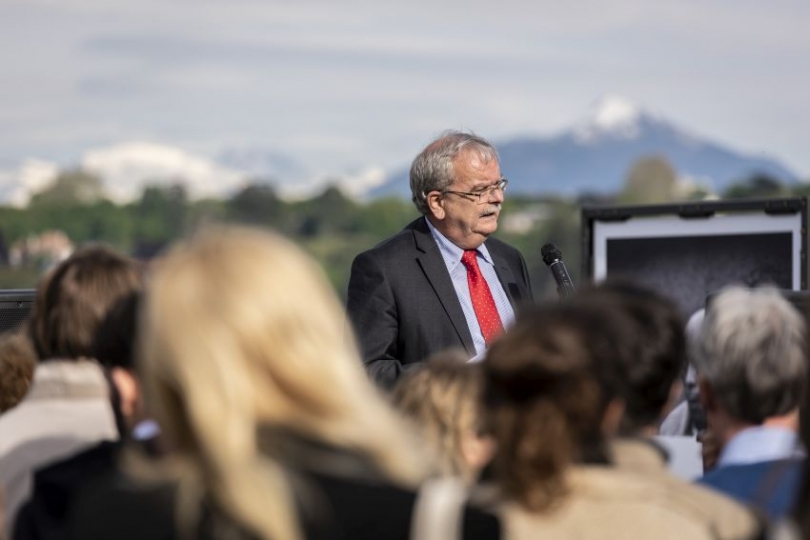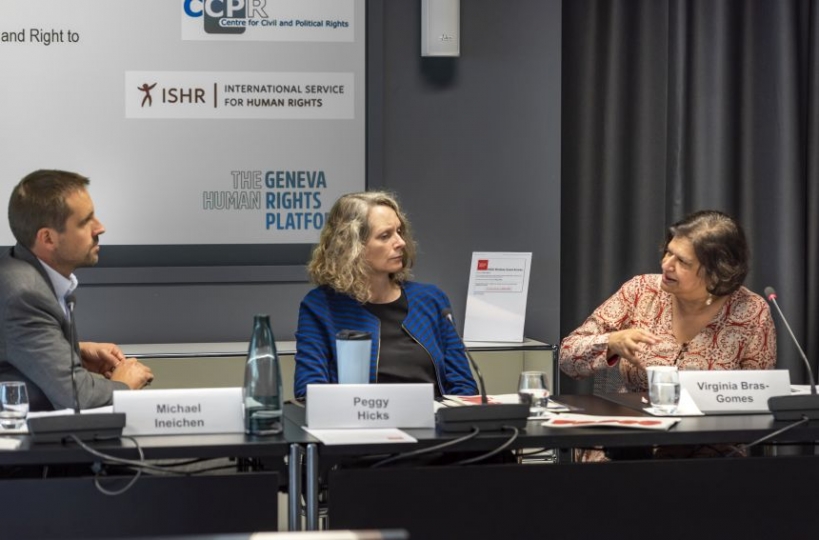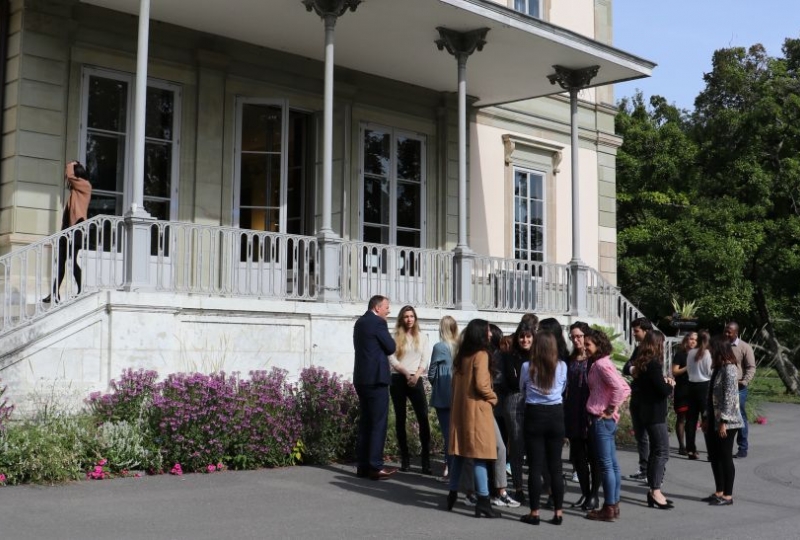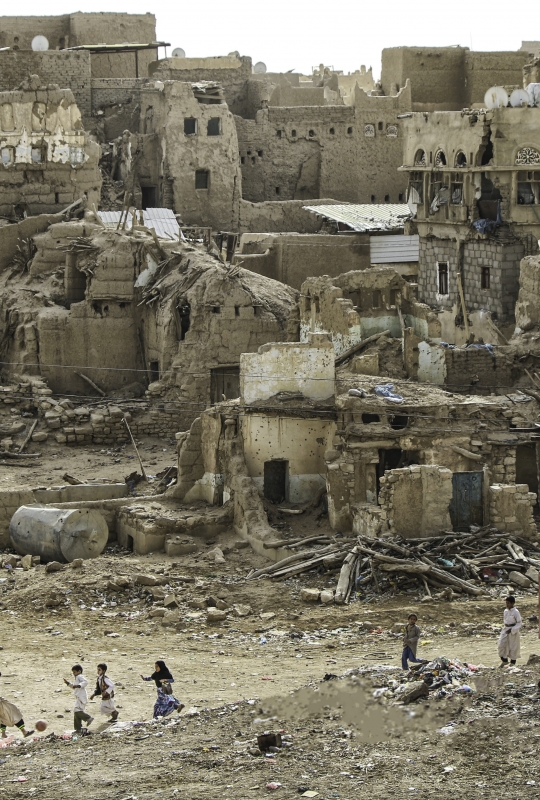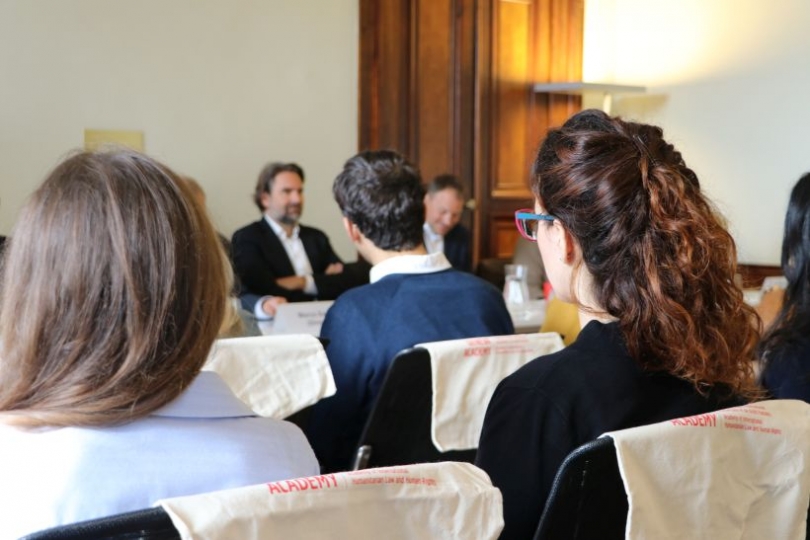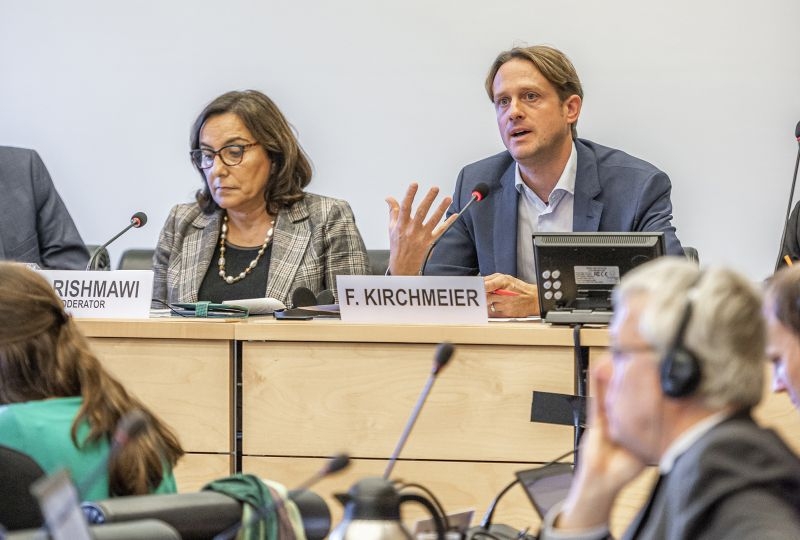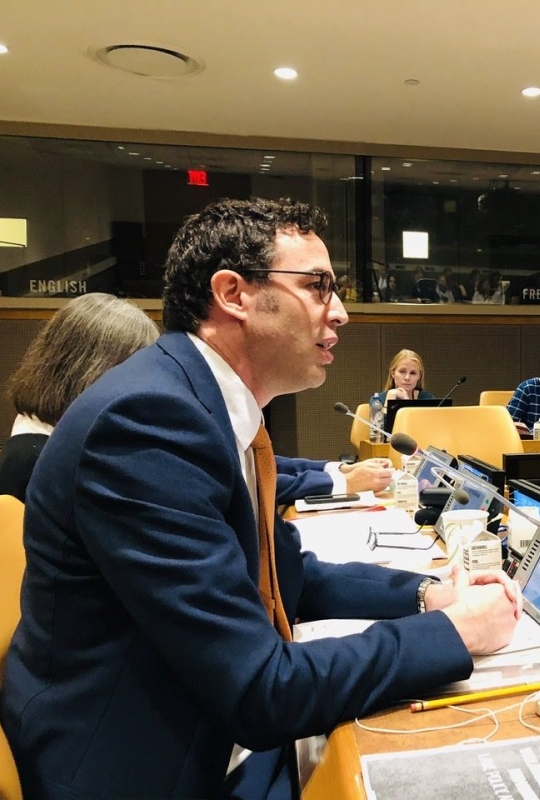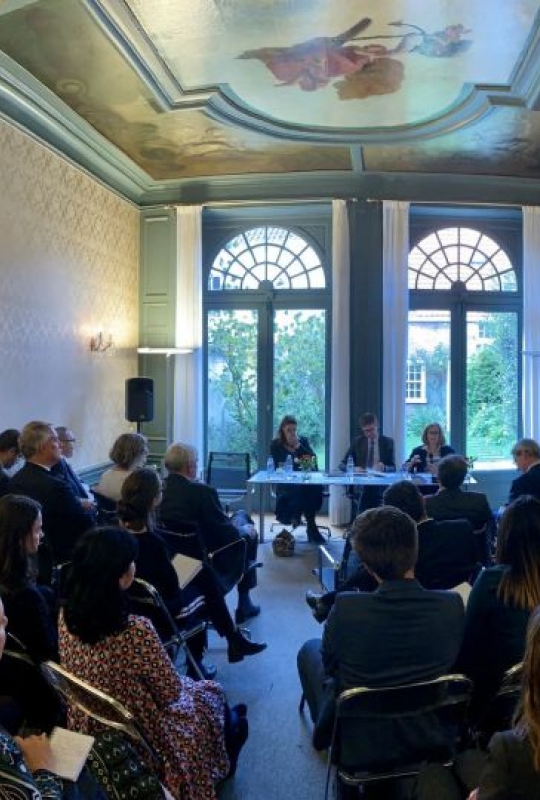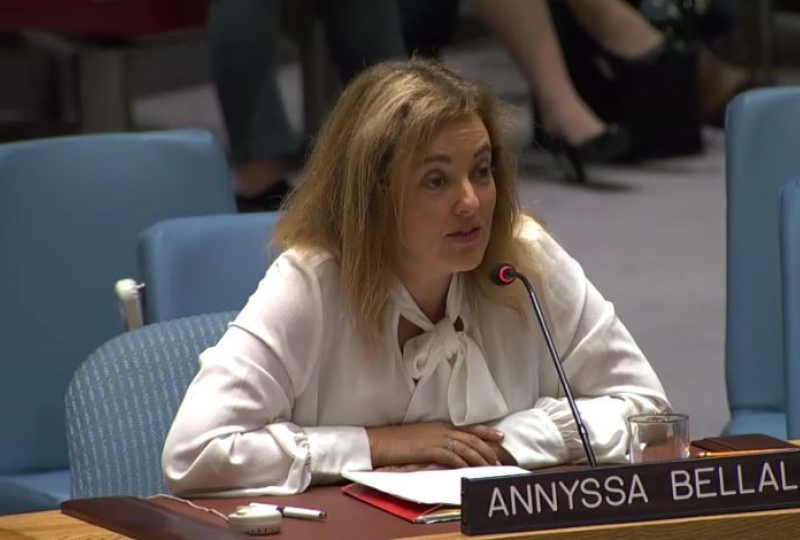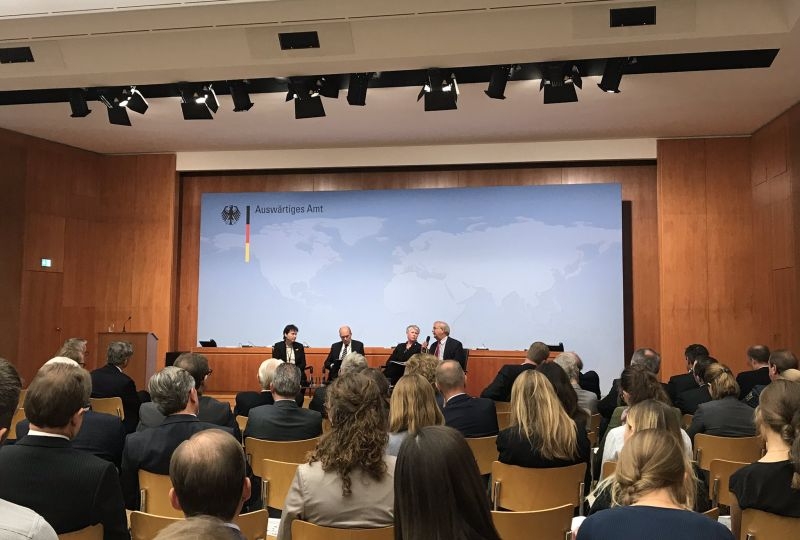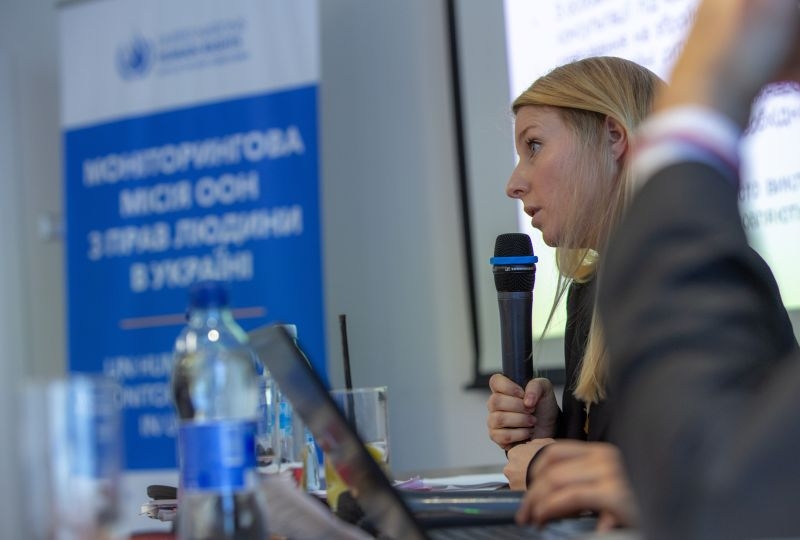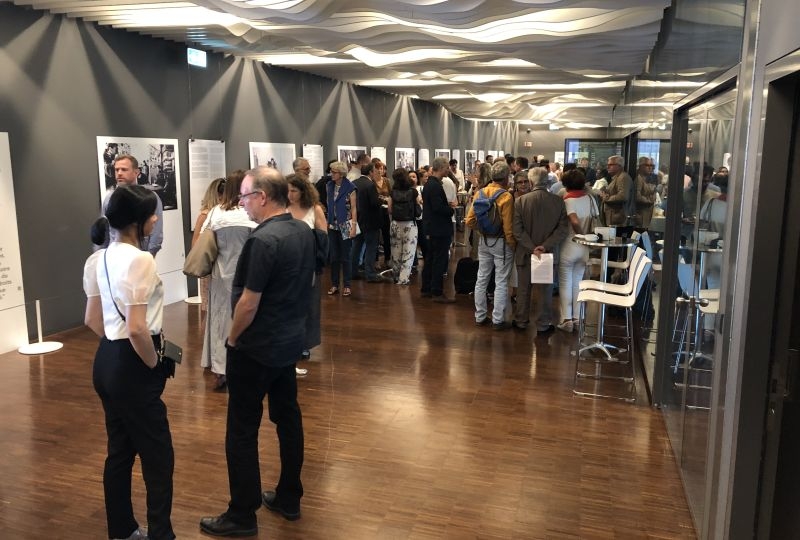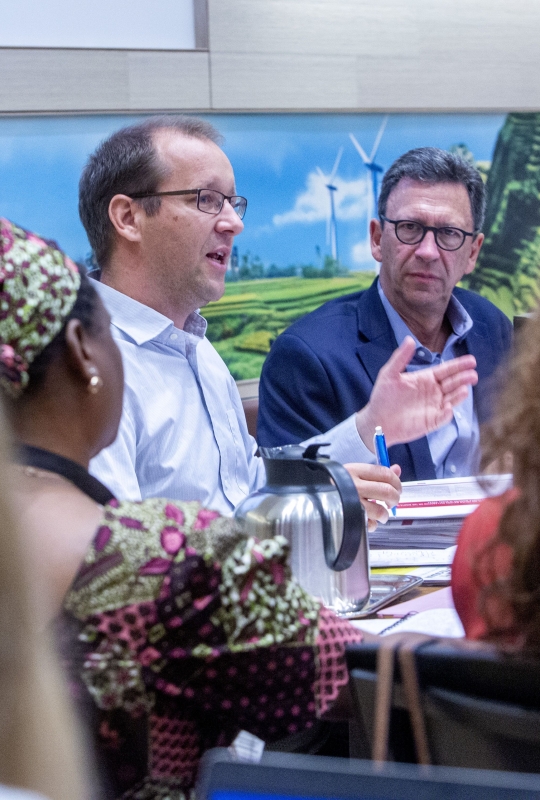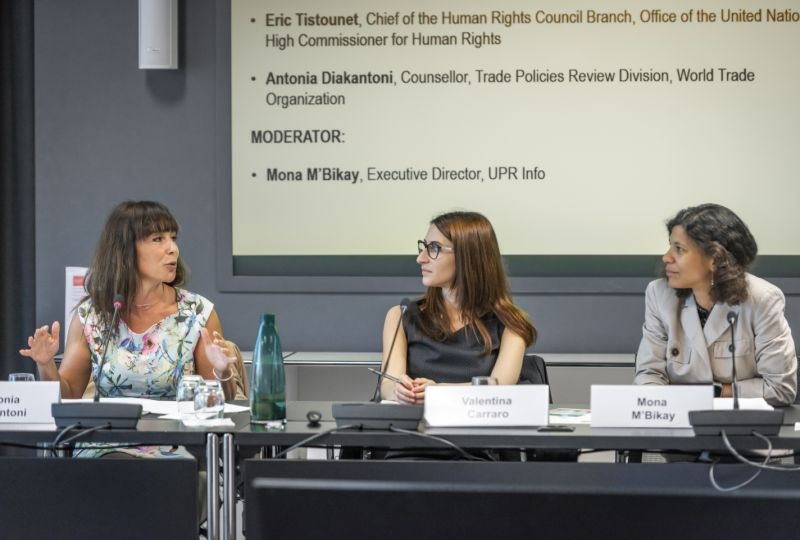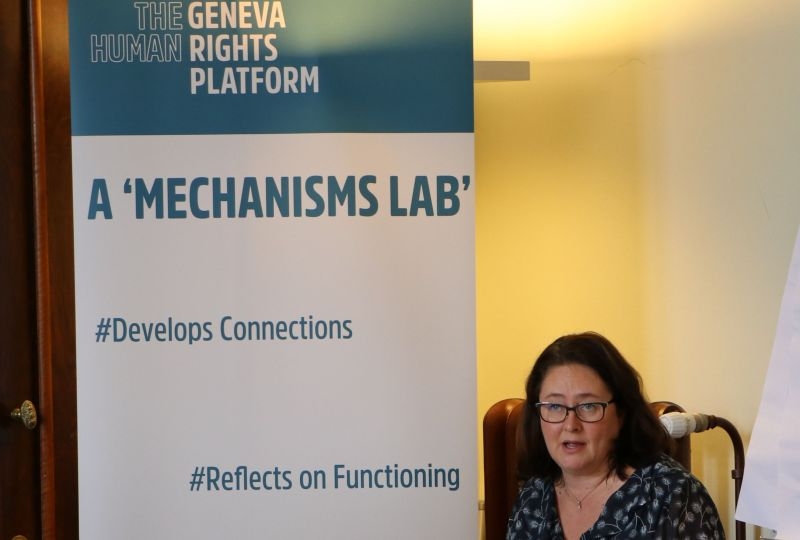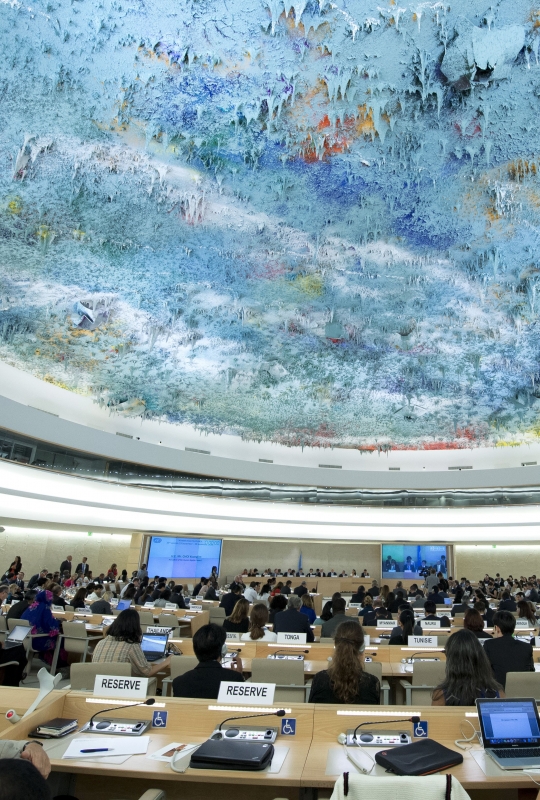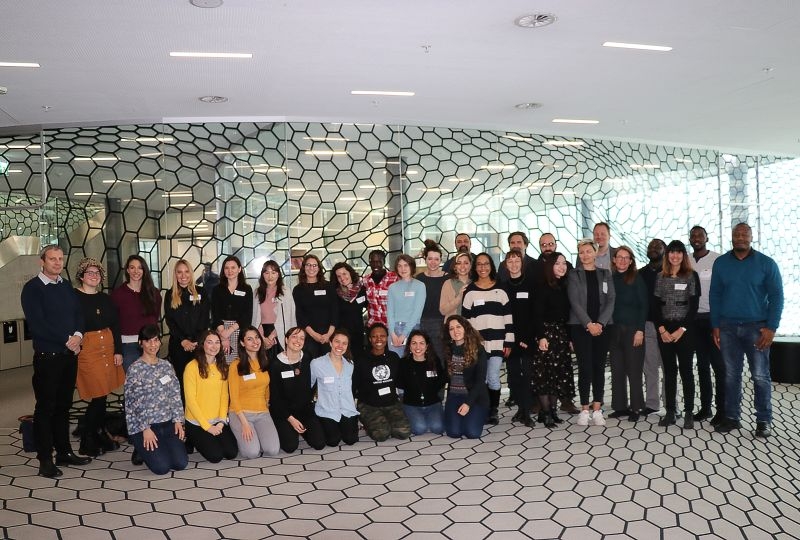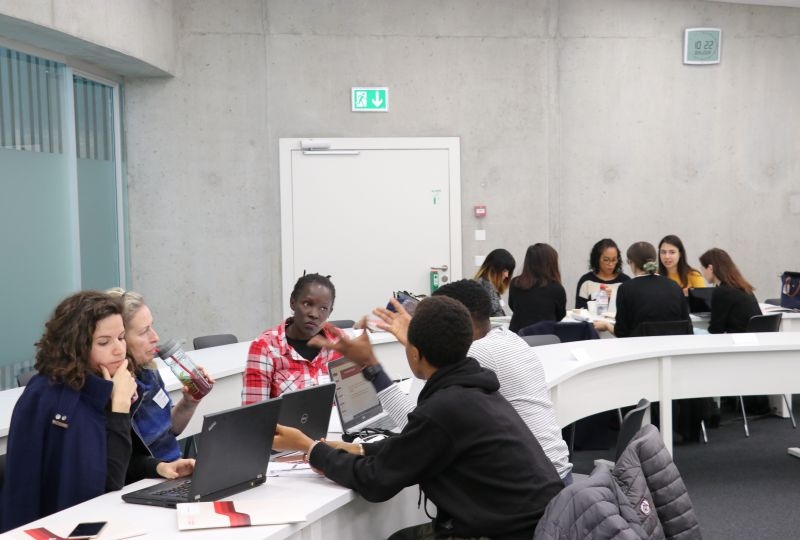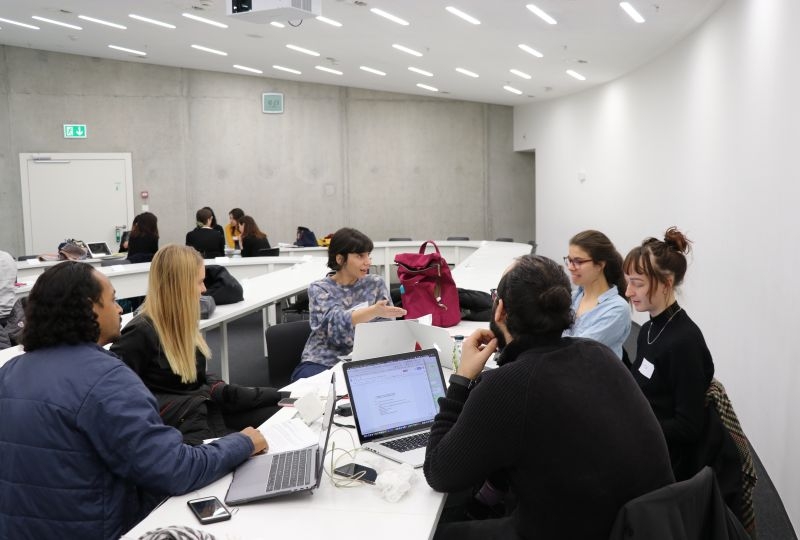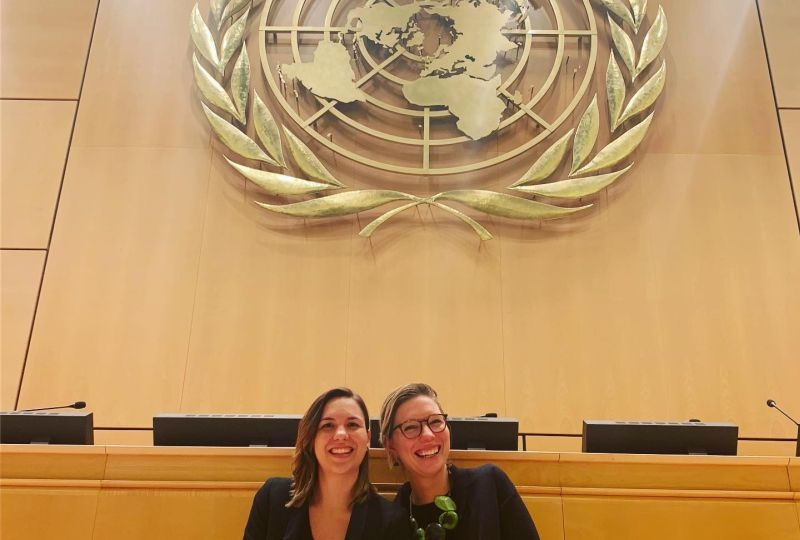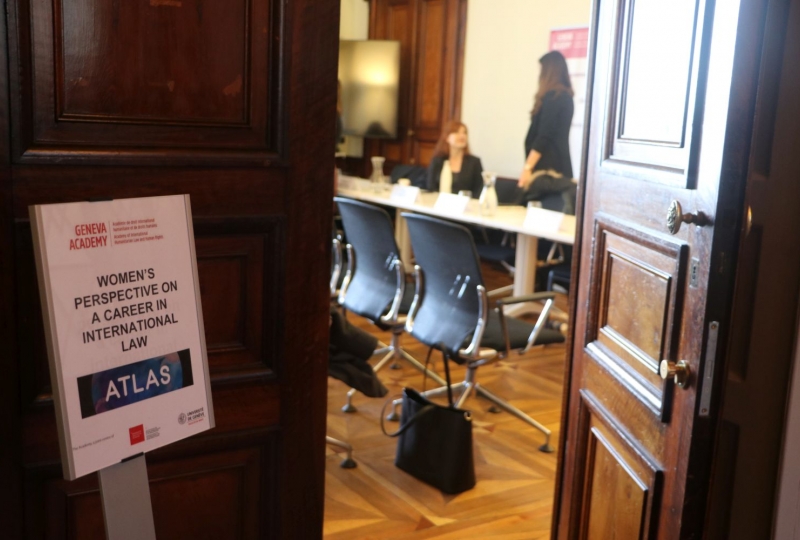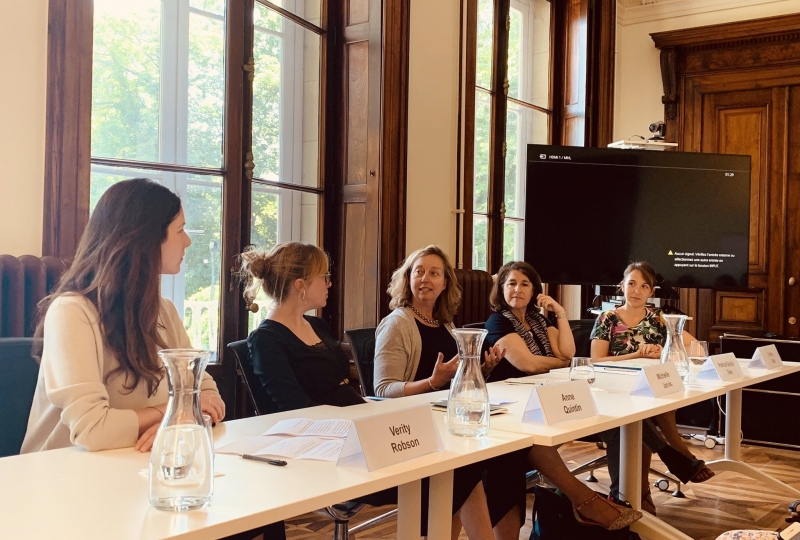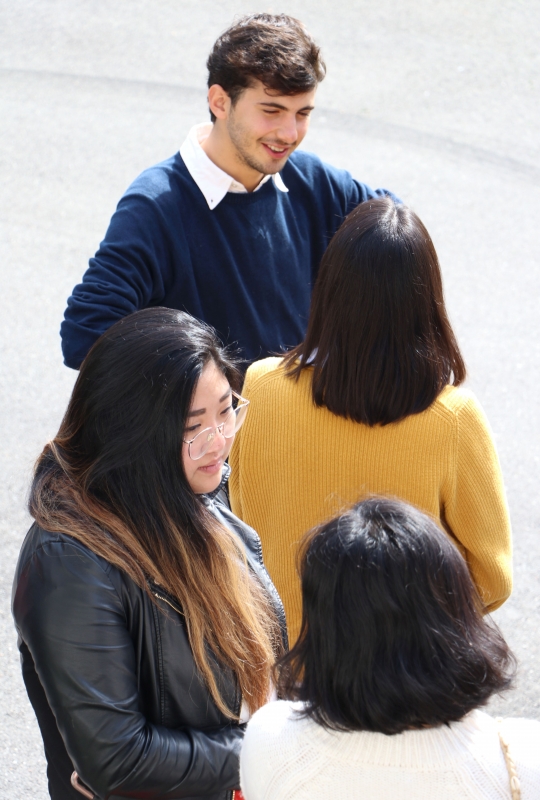The Guidelines on Investigating Violations of International Humanitarian Law: Law, Policy, and Good Practice are the outcome of a five-year research project, initiated in 2014 and joined in 2017 by the International Committee of the Red Cross (ICRC).
The guidelines aim to provide practical assistance by setting out a general framework for investigations in armed conflict and, where relevant, the corresponding international principles and standards.
They are set to become the international benchmark for effective investigations into violations of international humanitarian law (IHL) in all conflicts around the world. Being sensitive to the differences that characterize domestic legal and investigative systems, they identify several practical and legal issues that may arise in such investigations or should be considered beforehand.
The guidelines were presented in New York to delegates from the United Nations (UN) General Assembly First and Sixth Commissions, UN agencies and other experts, and in Geneva during the 33rd International Conference of the Red Cross and Red Crescent.


